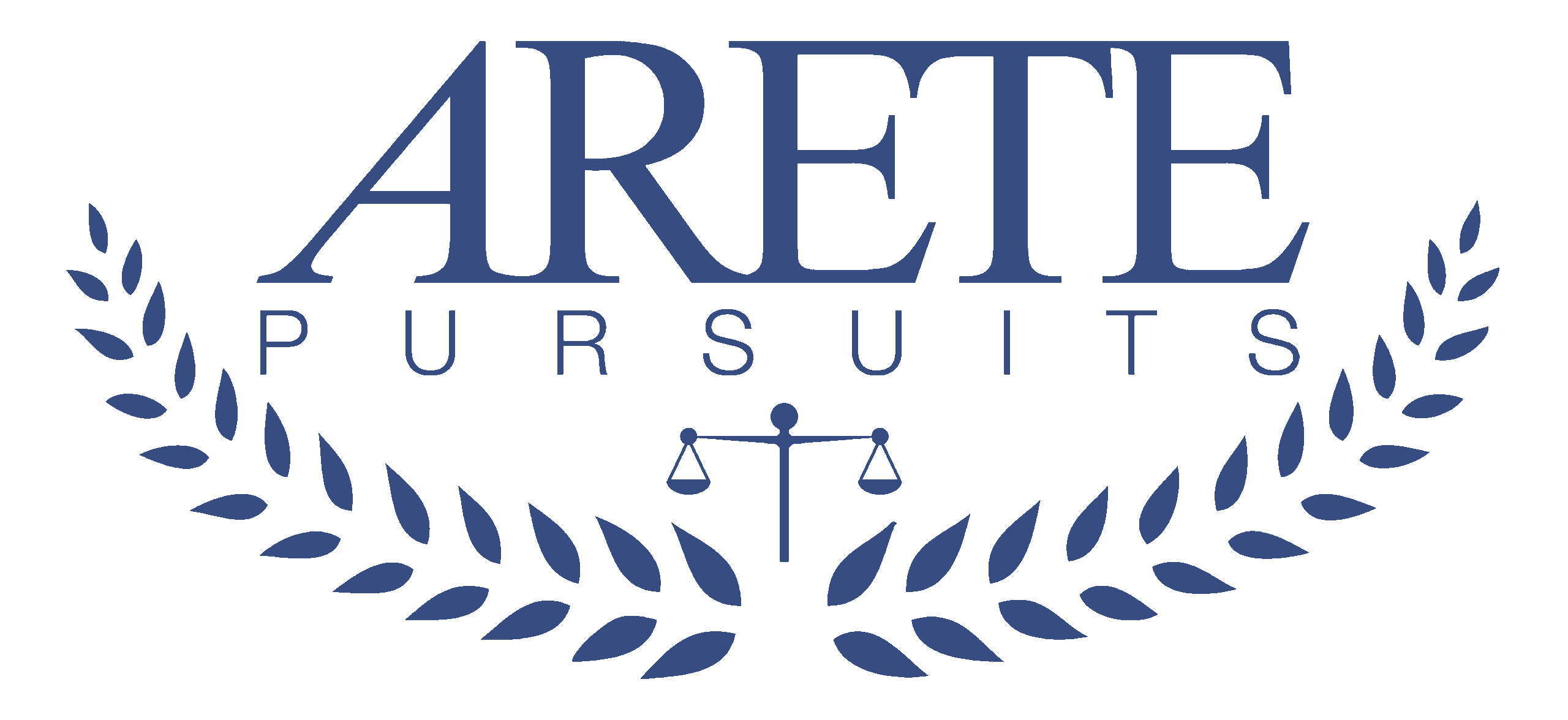“You’re going to spend a third of your life working. Make sure you’re doing something you love.” – Harry Dietrich.
I’ve learned a lot from my father, and that quote was one of the most impactful pieces of wisdom he shared early and often in my childhood. It shaped my decision to be a software developer. It led me to (briefly) contemplate a career in philosophy. It gave me pause as I shifted into management and considered whether I would enjoy leading as much as building software. And it gave me the courage to pivot to coaching when I realized how much joy it would bring me.
Perhaps that’s why I was so stunned when one of my clients said:
“I don’t enjoy my job, but I only have ten more years until retirement.”
The thought of continuing to do something you don’t enjoy for that long, waiting on a pension, was heartbreaking.
The Neuroscience of Retirement
I watched an action movie this week in which the protagonist has had a successful (albeit violent) career and is going through one last hurrah as he exacts revenge on people who threatened his partner in an attempt to get at him. The movie closes with the protagonist and his partner sitting on the beach, enjoying espresso, watching the sunrise, and enjoying retirement.
And that’s how many of us imagine retirement. We’ll work hard, perhaps at a job we don’t enjoy, save enough money to sit on the beach and do nothing, enjoying our well-earned peace.
Only it doesn’t usually play out this way. Research shows that people who enter retirement knowing what they will do in that next phase of life live longer, healthier lives than those who enter retirement with no plan.
When I facilitate workshops on the Neuroscience of Stress Management, spreading the wisdom of Ann Betz and Ursula Pottinga, CPCC, PCC, MNTC at BEabove Leadership, we explore the role of stress and stimulation on our prefrontal cortex (PFC) – the area of our brain that handles executive function, including goals, decision making, impulse control, retrieving memories, and our ability to understand other’s perspectives. There is a “Goldilocks” of the brain, where we have just the right amount of stress in our system for our PFC to operate at peak efficiency. If we have too much stress or too little stress, our PFC is less effective, and we can experience brain fog, lack of impulse control, poor decision-making, lack of empathy, and other symptoms. Ann’s Goldilocks of the Brain blog post goes deeper into the neuroscience. I wrote about my experience in “too much” in my Clearing the Fog post.
In the workshops, participants have no problem identifying with being in a state of too much stress. Most participants feel like they live there. They spend so much time there that they struggle to think of times when they have too little stress.
Entering retirement without a plan is a perfect recipe for experiencing a state of too little stress.
Consider our movie protagonist. His job was a source of stimulation and stress, and the calm precision with which he carried it out suggests it’s just the right amount of stress, getting his PFC into the “just right” zone. After a few days of relaxation sitting on the beach with his partner, he will drop out of that zone. If he doesn’t have plans to do something beyond watching the sun move across the sky, he’ll become bored from the lack of stress and stimulation.
Rethinking Retirement
I spent the last two weeks with my Partner in Wonder, Brian Knotts. When he retired, many people told him he’d be bored and be back in the workforce in no time. Indeed, we see this all the time. People retire for a year or two, recognize they need stimulation, return to work, or pick up a new hobby or profession.
In Brian’s case, he’s always had an innate curiosity and internal drive that fuels him. That curiosity keeps him out of the “too little” zone, even in retirement. It’s part of what makes him such a great Partner in Wonder.
If you are working to reach a magical financial number that will allow you to retire, I invite you to rethink your plans or at least examine them with fresh eyes.
- Are there trade-offs you are making in your present life because you are expecting a big reward when retirement comes?
- Are you doing a job you don’t enjoy because it pays well?
- Is there something you’d enjoy a lot more, even if it pays less or means retirement is further away?
- What will you do in retirement that adds enough stimulation to your life to stay in the “just right” zone?
I often think of my grandfather. He loved his job, and I’m sure he was in “just right” when working. However, due to company policy, he was forced to retire at age 65. My father says he was never the same when he retired. Grandpa lived to be 100, spending more than a third of his life in retirement. I often wonder how different he’d have been if he’d been able to continue working until he was ready for retirement rather than forced into it before he was ready.
In contrast, my stepfather did not sell his business until age 81. Even in his retirement, he remains actively engaged in his community, with plenty to keep him stimulated. He is my role model for “just right” retirement.
Putting It Into Practice
Take some time to reflect on your concept of retirement:
- What is your relationship with retirement?
- Are your views on retirement affecting your appreciation for the present moment?
- How will you ensure your PFC is “just right” as you transition out of your current role?
Walkabout Corner
I thank Brian Knotts and Jennifer O’Brien Knotts for their hospitality over the past two weeks. I’m now in West Chester, PA, visiting my mother and stepfather for a few weeks.
I’ve been applying what I’ve learned about the hemispheres of the brain to make sense of my experiences. I consider myself a left-hemisphere-dominant person who values structure. Two weeks into the walkabout, it feels like the pendulum has swung hard to the right hemisphere, a space of freedom. It is refreshing and liberating, but at times unsettling, to give up so much structure that has served me well. I envision a snow globe that has sat on the mantle with nothing more than a gentle nudge for several years when the mantle is cleaned. Now, it has been picked up and shaken vigorously, with snow swirling around, looking for new places to settle.
From a space of freedom, I’m marveling at the possibilities, as my schedule for January is still quite fluid. From a space of structure, I enjoyed unpacking and repacking things over the weekend to maximize my storage mechanisms.
The goal is to integrate the two, allowing one to shift between structure and freedom as the need arises easily. I’m enjoying the journey.
I am an executive coach and life coach with software executive roots in higher education and EdTech. I coach because I love to help others accelerate their growth as leaders and humans. I frequently write about #management, #leadership, #coaching, #neuroscience, and #arete.
If you would like to learn more, schedule time with me.
Want to comment? Join the conversation on LinkedIn.

